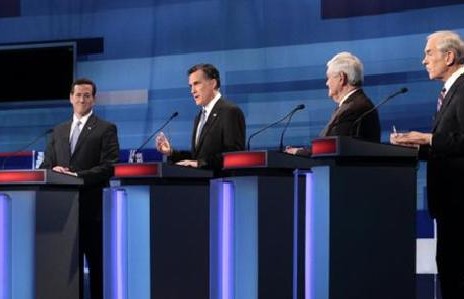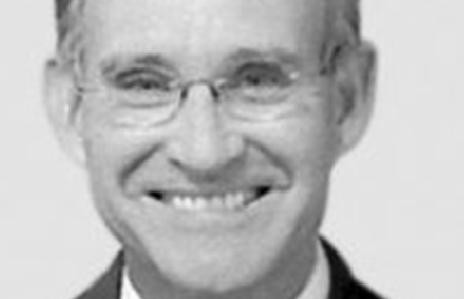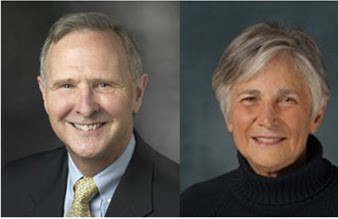
What the US Presidential Candidates Should Be Talking About
Three questions regarding education the 2012 presidential hopefuls should be pressed on.
This post is also available in: Spanish
“We cannot aspire to quality education without quality teachers. If we want education to be a factor that fosters the socio-economic development of our country, we must review our teacher policies. Particularly, we must focus on three basic areas: (1) the labor context; (2) the process of recruitment, training and entry into the teaching profession; and (3) management of teachers.”
This was the main message presented at academic events held in university spaces of the two main cities of the country and in the media nationwide.
The message disagrees to a certain level with the prevailing discourse in major national media outlets in recent years, which have emphasized the discourse of “tightening the screws” on teachers to do their jobs better. It also differs somewhat from the academic message that has centered mainly on the concern for initial teacher education and training, and does not include in its analysis other aspects that the study highlights as fundamental, such as recruitment, admission, the work field and the management of teachers.
On Monday March 16, the Ricardo Ernesto Maduro Andreu Foundation for Education (FEREMA), as part of a project with the Inter-American Dialogue, launched a plan of action for the dissemination of the study “The State of Teacher Policies, Honduras 2015”. At this early stage FEREMA gave presentations accompanied by conversations with academic audiences in Tegucigalpa and San Pedro Sula, the country’s two most important cities. Each of these events was attended by about 200 people, including senior management of the National Pedagogical University Francisco Morazan, senior officials of the Secretariat of Education, university professors, members of accredited cooperation agencies in the area of education in the country, and representatives of major TV and radio networks nationwide. There was also a televised, two-hour long presentation in which the issue was discussed with a high-level official of the Secretariat of Education.
In this first stage of the dissemination process, several presentations were given by a representative group of specialists in the field: Dr. Javier Luque, Senior Specialist of Education at the Inter- American Development Bank (IDB), Dr. Ricardo Morales, Director of the Institute for Education Research and Evaluation (INIEESS) of the National Pedagogical University Francisco Morazán (UPNFM), and Dr. Mario Solis Alas, researcher at INIEESS. Other participants included Dr. Hermes Diaz, academic deputy rector at UPNFM and Elia Del Cid de Andrade, Undersecretary of Technical Pedagogical Affairs of the Secretariat of Education.
These efforts to publicize the study intended to spark debate and seek consensus among civil society actors, teachers, government officials and other individuals interested in the teaching profession, and to influence decision-making in favor of the strengthening and continuous improvement of our country’s education system.
The study has served to reflect on the current state of the education system and to focus our attention on how to improve service and provide quality education, with the understanding that there can be no educational quality without teachers who have the commitment and necessary skills to perform effectively in the classroom. The report has attempted to open the debate on various topics, including: how to incentivize good teacher performance; how to improve teacher conditions to make the profession more appealing and attract the best students; how to repair the selection system of teachers in service and ensure a transparent process removed from politics; and how the “new” (2012) Fundamental Law of Education (Ley Fundamental de Educación) can stimulate teacher training policies. It has also emphasized that the proper functioning of the education system is the responsibility not only of government and teachers, but of wide a range of stakeholders, including the Secretariat of Education, the private sector, NGOs, parents, and civil society in general.
The document “The State of Teacher Policies” joins the 2005 Honduras Educational Progress Reports and the 2010 Report on Educational Progress in Honduras, which the Inter-American Dialogue (PREAL) – FEREMA alliance has made possible in order to enrich the analysis of our national educational reality. In addition, the report is part of a series of reports aimed at strengthening the support of civil society to improve teacher policies in the region. Under this framework, monitoring reports have also been produced in El Salvador, Guatemala, and Dominican Republic. “The State of Teacher Policies, Honduras 2015” is now available on the Inter-American Dialogue and FEREMA websites, and on Facebook: FEREMA Honduras.
Three questions regarding education the 2012 presidential hopefuls should be pressed on.
This post is also available in: SpanishFormer Nicaraguan Minister of Education Humberto Belli recently shared with us his article published in La Prensa on the subject of teacher pay. Belli co-chaired the Task Force on Education in Central America that produced PREAL’s Central American Regional Report Card in 2007 and was a member of the…
Debate on the pros and cons of dismissing the lowest-performing teachers in US schools.

